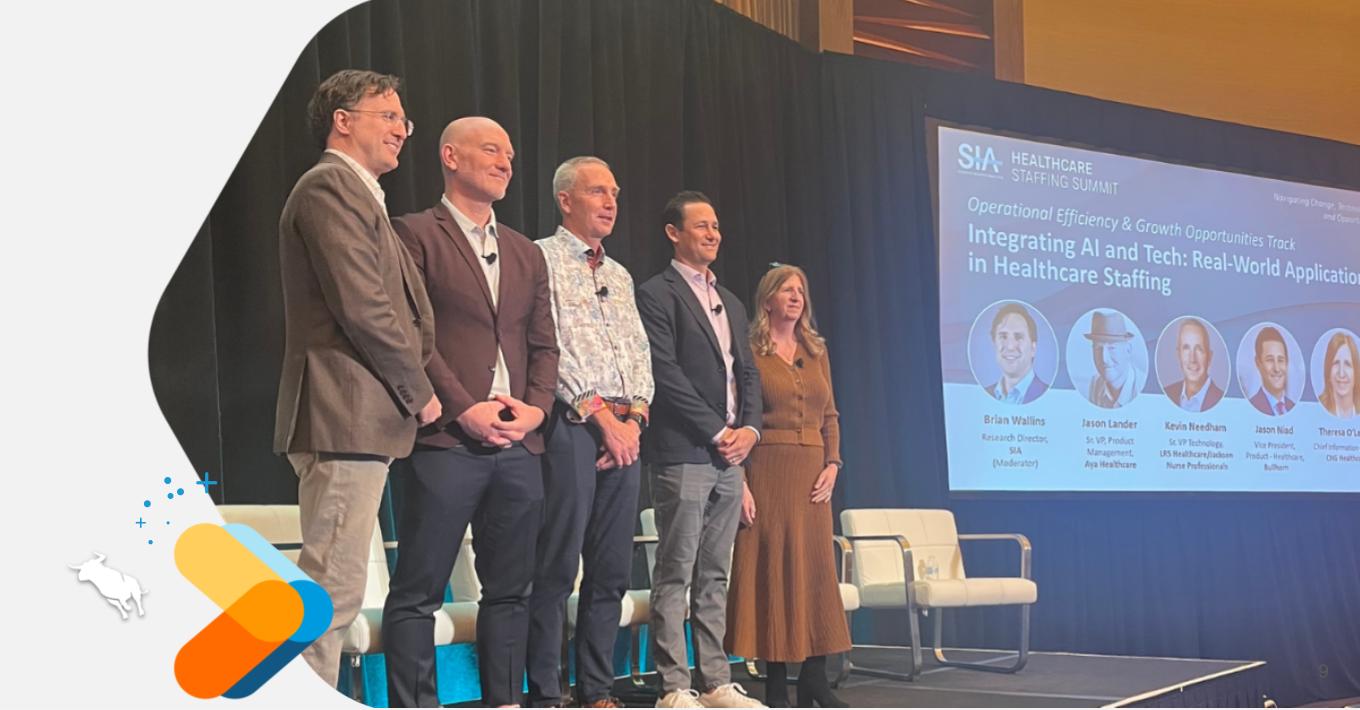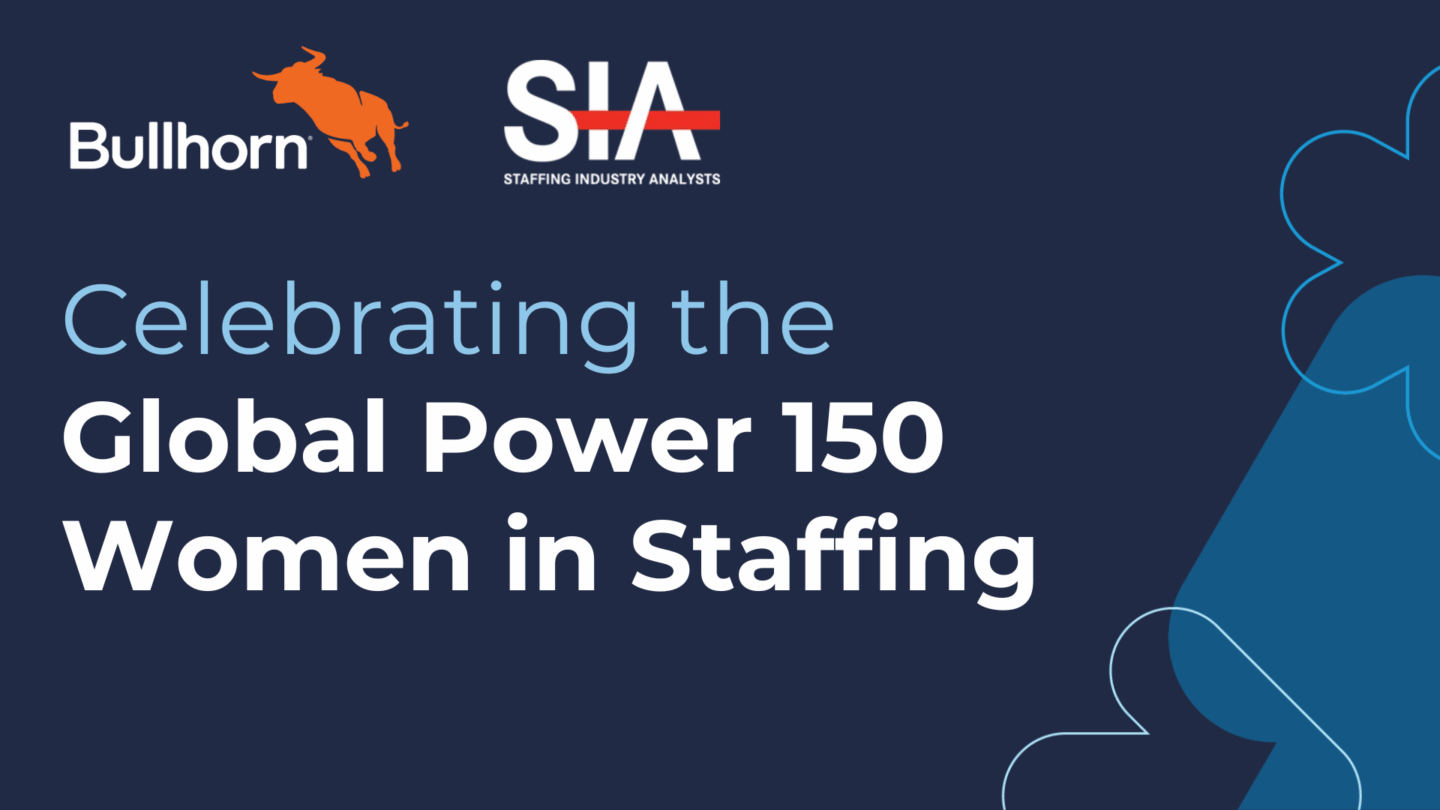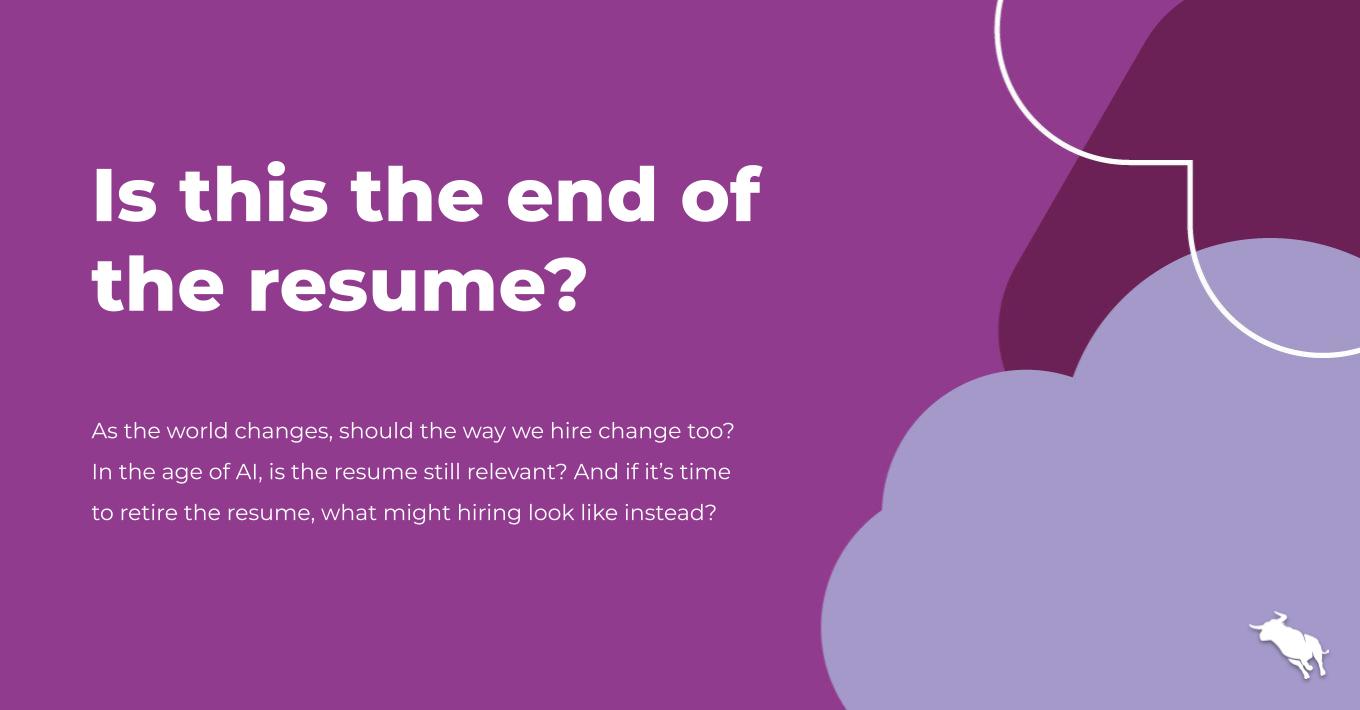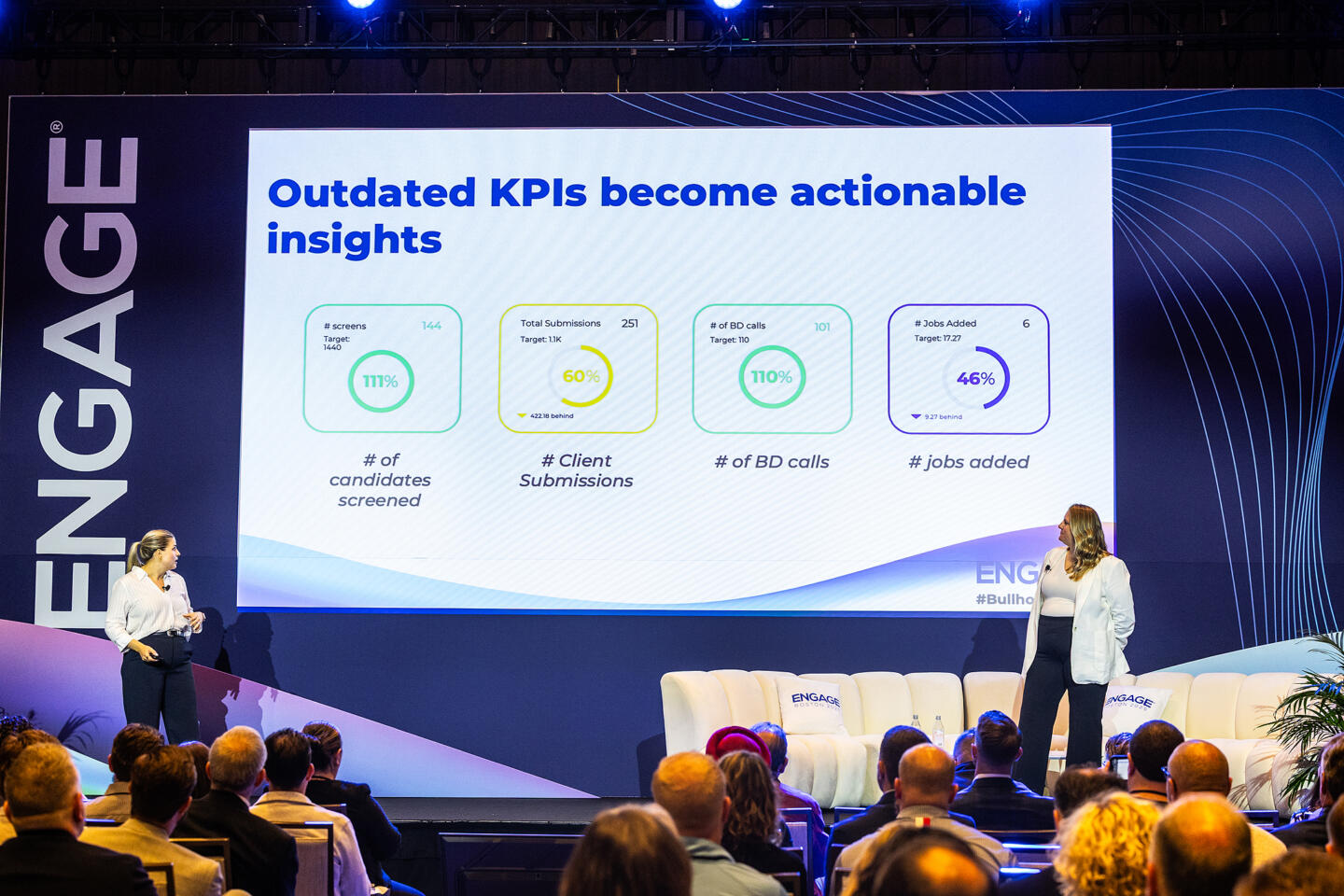Diversity, Equity, and Inclusion in the Staffing Industry: Where We Are and Where We Need to Go

At Bullhorn, we want to do our part to advance diversity, equity, and inclusion (DEI) in the staffing industry, the tech industry, and the workforce at large. While these efforts must be pursued all-year-round, Black History Month and the upcoming International Woman’s Day make it an especially poignant time to look at where the industry is and where it still needs to go.
As part of our annual Global Recruitment Industry Trends Survey (GRID 2021), we surveyed 2,100 global staffing and recruitment professionals on various questions about diversity, equation, and inclusion in the industry. Read on to learn some top findings and then learn about Bullhorn’s own efforts to promote DEI internally.
Representation in the Staffing and Recruitment Industry
- Women make up 65% of the staffing industry workforce but just 35% of C-suite leadership
- BIPOC professionals make up 27% of the workforce but just 14% of leadership
- BIPOC women make up 16% of the workforce but just 4% of leadership
- Black professionals make up 6% of the workforce but just 3% of leadership
- Black women make up 4% of the workforce, but just 1% of leadership
Our findings reveal an underrepresentation of black professionals in the staffing workforce. They also reveal a troubling discrepancy between workforce representation and leadership opportunities in the staffing industry for women and BIPOC professionals.
Women of color make up a sixth of the workforce but just one-twenty-fifth of C-suite leadership positions. It would be an understatement to say there’s a long way to go to. The leadership data includes C-suite employees and staffing company founders, indicating there also needs to be more enablement for BIPOC and women professionals looking to start up their own contributions to the industry.
Finding and Placing Diverse Candidates
- 30% of recruiters say there is a lack of qualified diverse candidates in the talent pool
- Only 16% of Black recruiters say there is a lack of qualified diverse candidates in the talent pool
This data highlights the need for diversity in the workplace. The discrepancies in these numbers suggest that there are more qualified candidates out there than recruitment professionals and employers realize. Part of the battle is identifying them and eliminating prejudice in the selection process. A more diverse workforce is integral to accomplishing that goal.
- 50% of clients request shortlists of diverse candidates
It’s not just a good practice to encourage DEI practices, it’s good business. Clients are requesting diverse candidates. Surprisingly, despite the increase in cultural conversations around DEI in the workplace, the number of clients requesting diverse shortlists has gone down 7 percent compared to last year.
DEI Initiatives
- 41% of staffing firms have DEI initiatives in place for candidates
- 44% have internal DEI initiatives in place
- 31% have DEI initiatives in place internally and for candidates
Fifty percent of employers are requesting diverse shortlists of candidates but only 41% of firms have systems in place to facilitate this process, suggesting a gap and an opportunity.
Bullhorn’s Efforts to Advance DEI Internally
At Bullhorn, it’s important that we practice what we preach. Internally, we have built a DEI strategy in partnership with senior leadership that addresses 4 core pillars of opportunity. Those pillars include Talent Attraction, Equity & Inclusion for our talent, Opportunity for growth and development, and lastly, embedding DEI practices and conversations into our culture. The Talent Acquisition team plays a lead role in these efforts, in building and presenting diverse candidate slates to our hiring teams.
However, to make real change, everyone plays a part. We recognize that in order to attract and retain underrepresented talent, it is critical to foster a space that equips our talent to be successful. We are recommitting to our Employee Vision and have incorporated it into our DEI strategy. Our ultimate goal is that every Bullhorn employee has a sense of belonging, a voice that is heard, and a clear path to success.








